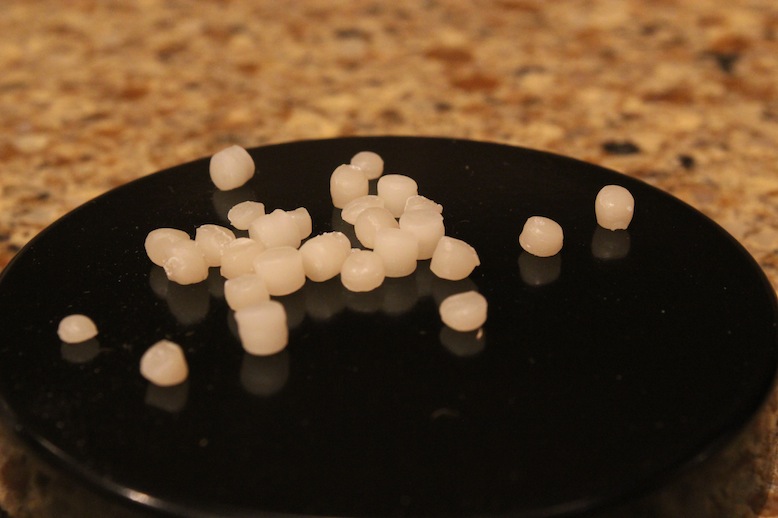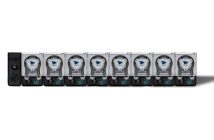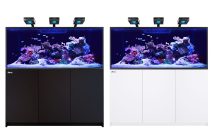A lot of aquarium hobbyists are skeptical when it comes to trying out new products or techniques. While we feel a good amount of skepticism is always the best approach, aquarium keepers also need to be a bit adventurous. Biopellets are one of those products that seems to have nothing but benefits with none of the drawbacks, and because of all of these perks, many people are weary to try them out. We recently threw caution to the wind and began dabbling with the solid carbon dosing media ourselves. With the help of the Bashsea PM-1 media reactor we started using for a product review, we’ve been trying out the biopellet system for a little over three weeks, and so far we’re seeing decent results.
At the one week mark of our biopellet use, we didn’t see a single thing different in the aquarium. But at the same time, we didn’t expect quick results either. Most pellet users don’t report seeing anything new until several weeks in. At the two week mark, we didn’t notice anything new with the aquarium, but we did see a difference in the protein skimmer. The skimmer would normally produce a skimmate with a mud-like consistency, but under biopellet use the skimmate turned into more of a sheet-like slime. This is due to the bacteria actually being removed by the protein skimmer, which is also a sign the pellets are doing their job.
After three full weeks of use, which is roughly where we are sitting at today, we have started to see some difference in the display aquarium. The results haven’t been dramatic, but the polyp extension of our SPS corals seems to be better. On top of that, the aquarium has an overall clearer look, almost as if we’ve been running activated carbon. A big clump of cyano bacteria has also disappeared, but we can’t attribute this to pellet use alone. The purple slime disappeared right after a water change, which was the first since starting to use the solid carbon media.
We’ll continue to update the biopellet performance, but like we mentioned, the progress will probably be slow and not very dramatic.







Pingback: It's Official, the Biopellet Experiment is Over | AquaNerd()